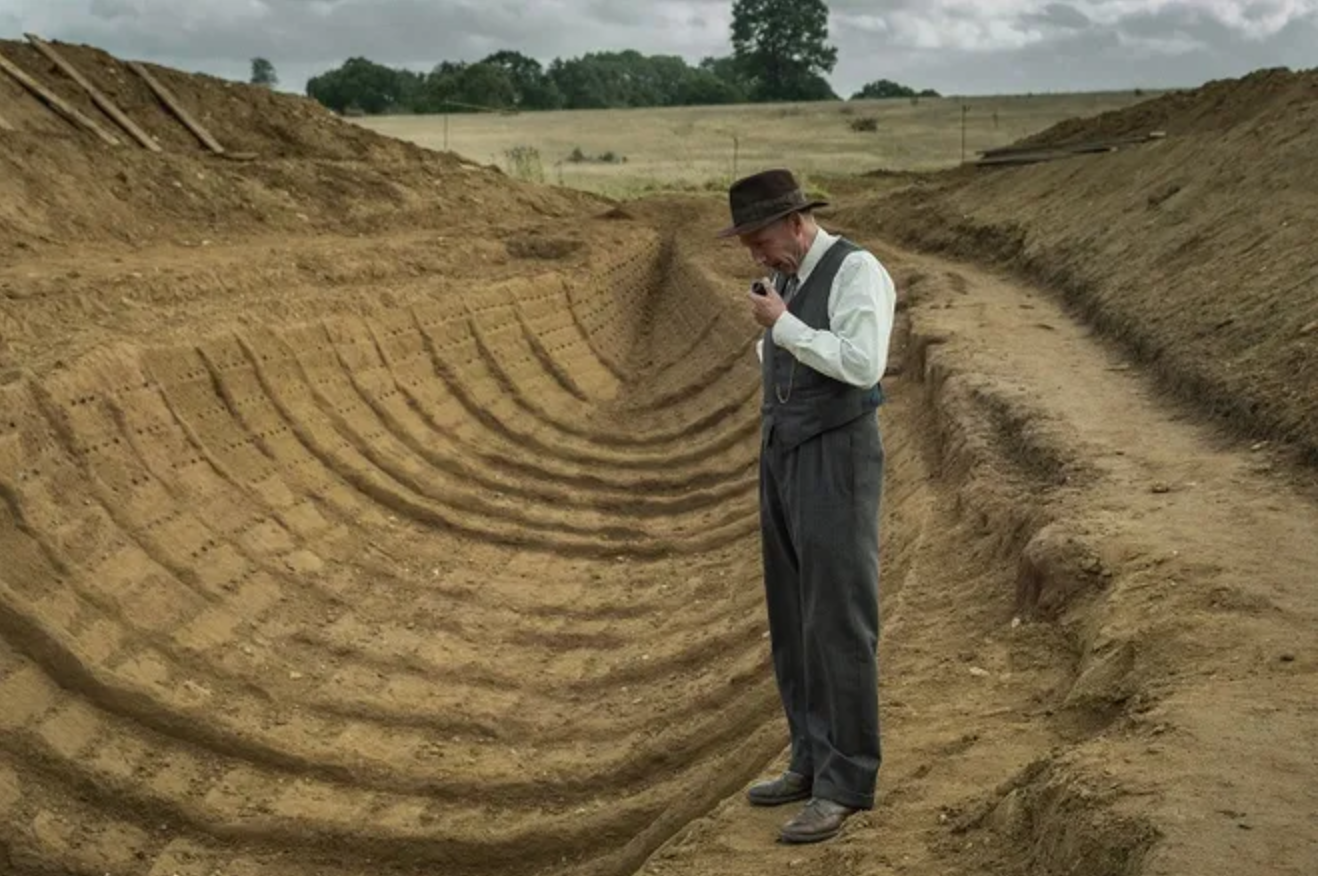THE KID DETECTIVE
Directing: B+
Acting: B+
Writing: B+
Cinematography: B+
Editing: A-
I suppose The Kid Detective is a textbook case of under-promising and over-delivering, conceptually speaking. Who’s going to have high expectations of a movie about a washed up thirtysomething private detective who used to charm his entire town with his mystery-solving as a kid? That gives it a relatively low bar from which to exceed expectations, but the competence with which this movie is written, directed and performed is objectively impressive.
Writer-director Evan Morgan, in his feature directorial debut, establishes a fairly quiet, mellow tone early on, which somehow makes the humor work perfectly. Morgan has his actors deliver their lines with a certain stoicism, which in someone else’s hands might give the film an air of self-conscious “quirkiness.” Maybe it’s that The Kid Detective is a Canadian film, but the tonal sensibility here is both incredibly endearing and almost relaxing. It got several good laughs out of me, particularly with surprisingly clever callbacks.
You could call this movie a “dark comedy,” but it has more depth and more heart than that might insinuate. Adam Brody is well cast in the title role, Abe Applebaum, a guy with a private investigator practice whose life seems to be going nowhere. He has a goth girl for a receptionist (Veep’s Sarah Sutherland) who answers an old-school telephone, even while everyone else uses smartphones. How the hell Abe can afford to pay her is anybody’s guess, but we’ll just let that one go.
When a teenage girl named Caroline (Sophie Nélisse) comes to him to help her solve the murder of her boyfriend, Abe sees it as a chance to both prove himself and redeem himself in the eyes of a town that lost faith in him. His childhood charms faded in their eyes after the still-unsolved kidnapping of a young girl devastated the town a couple decades before.
And this is what I love about The Kid Detective: none of the details are insignificant, and they always prove important, worthy of attention, because something about them will always resurface in relevance. This movie brings to mind the much flashier 2019 whodunnit Knives Out, where the mystery is the central aspect of the fun. To be fair, Knives Out is a much snappier affair, a slightly better film, albeit one with its own, very different sensibility. But Evan Morgan makes The Kid Detective very much its own film as well, the crime a bit darker but the humor a bit more subversive. And this movie has its own dramatic flairs as well, with a genuinely shocking turn near the end. The Kid Detective isn’t concerned so much with multiple suspects, so much as with Abe’s journey on a path to redemption. It even gets so serious in its final shot, with a sudden outpouring of emotion, I wasn’t quite sure what to do with it, and I can’t decide if it even fits with the tone of the rest of the film.
When taken as a whole, however, The Kid Detective has a subtly seductive power to it, with a unique skill in narrative plotting. The editing particularly impresses, with not a single moment wasted, and scenes ending in places that leave certain events to the imagination when other films would indulge needlessly. It has a unique economy of storytelling, where what gets left unseen is nevertheless crystal clear in our minds thanks to what we did see. The pacing is only deceptively measured, where there is very little action onscreen but the story still seems to zip right along.
As if it’s not enough that the well polished script brings all the story threads neatly together, The Kid Detective’s central mystery is its most satisfying part. Abe may have a knack for solving mysteries, and particularly predicting the end of mystery movies, but The Kid Detective offers us resolutions that make perfect sense but were impossible to see coming. It’s a dark journey that doubles as a chill ride.
It’s so much better than you might guess.
Overall: B+










